The following funding opportunities have been announced. Please follow the links for more information:
Biotechnology and Biological Sciences Research Council, GB
The Biotechnology and Biological Sciences Research Council, together with the Medical Research Council, the Engineering and Physical Sciences Research Council and the Economic and Social Research Council, invites outline proposals for its Diet and Health Research Industry Club. Funding enables UK universities and institutes to carry out research that will enhance understanding and facilitate the development of products with health and nutrition benefits, and help address diet-related health issues in the longer term. Research proposals must address at least one of the challenges: Understanding the relationship between food processing and nutrition; designing foods to maintain and improve health; understanding food choice and eating behaviour to improve health through diet. Maximum award: Not specified. Closing date: 4pm, 01/07/15 for outline proposals. Full proposals are by invitation.
Economic and Social Research Council, GB
The Economic and Social Research Council, the Medical Research Council, the Arts and Humanities Research Council, the National Council of State Funding Agencies (CONFAP) and the Conselho Nacional de Desenvolvimento Científico e Tecnológico (CNPq) invite applications for their Healthy Urban Living call and the Social Science of the Food-Water-Energy Nexus, under the Newton Fund. For the Healthy Urban Living stream, all proposals must address the theme of health inequalities and justice and one or more of the following areas: urban design, planning housing and infrastructure; communities, culture and heritage; leadership, governance and institutions. The total fund from the Research Councils is £2.5m, with matched equivalent for Brazilian partners. For the Social Science of the Food-Water-Energy Nexus stream, proposals should clearly identify one or more of these themes as the focus of the research project and demonstrate how it will be applied to the development of the Social Science of the Food-Water-Energy Nexus: Measuring, modelling and understanding the Nexus; innovation for sustainable transformations; the political economy and governance of the Nexus; human welfare, development and the Nexus. The total fund from the Research Councils is £1.25m, with matched equivalent for Brazilian partners. Maximum award: Not specified. Closing date: 4pm, 02/07/15.
Engineering and Physical Sciences Research Council, GB
The Engineering and Physical Sciences Research Council and Innovate UK invite expressions of interest to attend their state of the art in simulation and design workshop. This aims to identify the state of the art in fundamental simulation and modelling techniques that can help improve the design process within engineering design, and to enable users to progress in their use of these tools and determine key areas of need not currently being addressed by research programmes. The workshop will be held on 16 July 2015. The workshop will focus on the areas of optimisation, multiphysics, materials modelling and multiscale, with challenges identified in the sectors of automotive, aerospace, energy, built environment, healthcare technologies, electronics, and the process industries of chemicals and food.Awards cover reasonable travel and subsistence costs, including accommodation, refreshments and meal costs. Maximum award: Not specified. Closing date: 4pm, 10/06/15.
Innovate UK, GB
Innovate UK, Biotechnology and Biological Sciences Research Council and the Engineering and Physical Sciences Research Council invite expressions of interest for the fourth round of their Early-stage Translation studies, under the Industrial Biotechnology Catalyst. This supports research and development for the processing and production of materials, chemicals and bioenergy through the sustainable exploitation of biological resources, including tissues, enzymes, and genes from organisms that include algae, marine life, fungi, microorganisms and plants, and accelerate commercialisation. Projects must be pre-competitive and academic-led. Funding is only available to academics in line with the standard BBSRC and EPSRC eligibility rules. Total project costs should be between £2m and £5m and projects should last between three and five years. Maximum award: £5m. Closing date: 12pm, 05/08/15 for expressions of interest.
Medical Research Council, GB
The Medical Research Council, together with the Economic and Social Research Council, the Brazilian Council of State Funding Agencies and the Brazilian National Council for Scientific and Technological Development, invite proposals for the UK-Brazil Neglected Infectious Diseases Partnership. The initiative will provide funding for collaborative research projects, focussed on neglected infectious diseases in Brazil. Proposals may focus on Dengue Fever and other vector-borne diseases, Leishmaniasis, Chagas Disease, Leprosy, Schistosomiasis, Omtestinal Helminth Infectious, Rotaviruses and emerging viruses. Projects should last between two and three years. Maximum award: Not specified. Closing date: 01/06/15.
Natural Environment Research Council, GB
The Natural Environment Research Council invites applications for its Industrial CASE Studentships. This scheme promotes collaboration between the research community and the end users of research. Applicants must demonstrate excellent science research along with the potential for societal or economic impact through strong collaboration with the non-academic partners and the provision of high quality training in research skills. The CASE partner must be an end user organisation that can use the outputs of research in developing business, technology, regulation, policy or social and environmental enterprise, within the public, private or third sector. The CASE partner must have a base in the UK. Maximum award: Not specified. Closing date: 4pm, 08/07/15.
Please note that some funding bodies specify a time for submission as well as a date. Please confirm this with your RKEO Funding Development Officer
You can set up your own personalised alerts on Research Professional. If you need help setting these up, just ask your School’s/Faculty’s Funding Development Officer in RKEO or view the recent blog post here.
If thinking of applying, why not add notification of your interest on Research Professional’s record of the bid so that BU colleagues can see your intention to bid and contact you to collaborate.
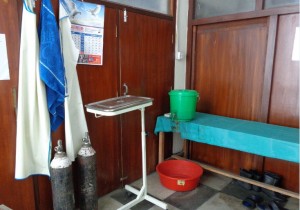
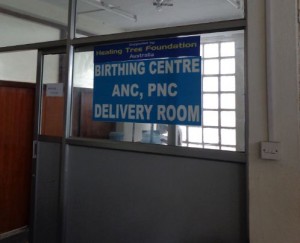
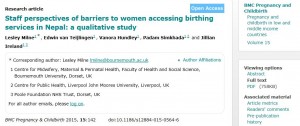






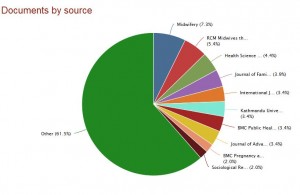



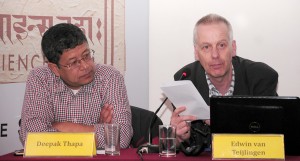
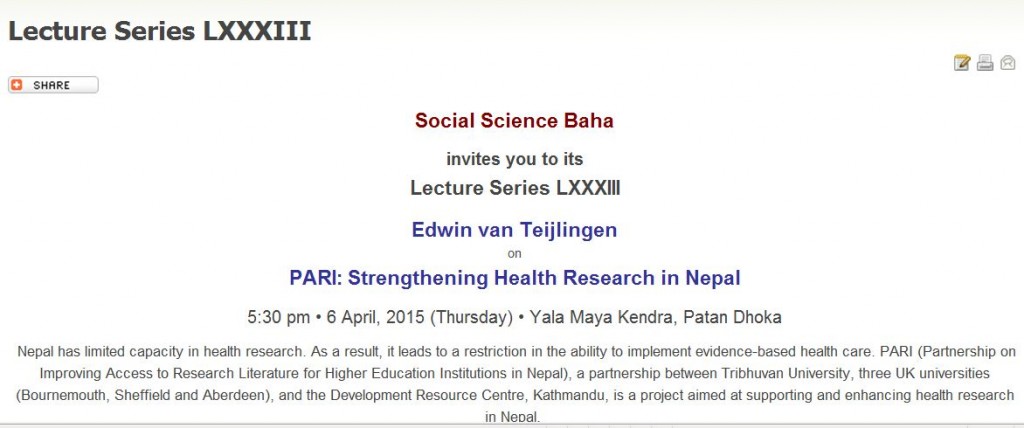

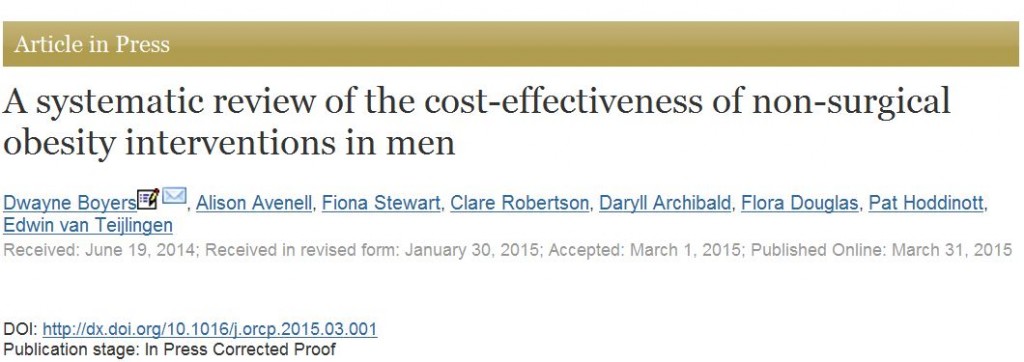
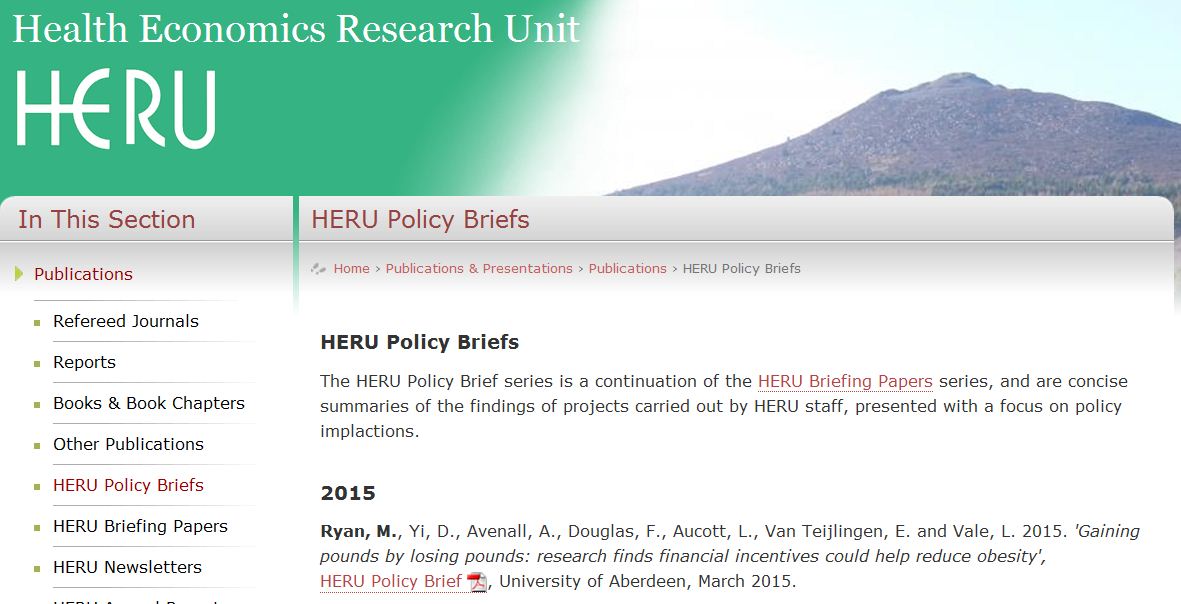
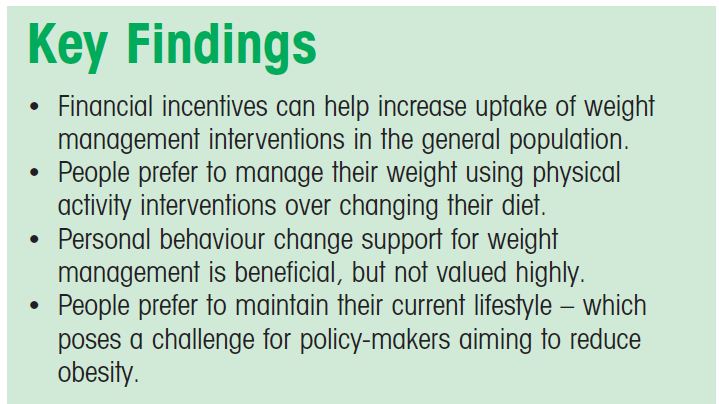
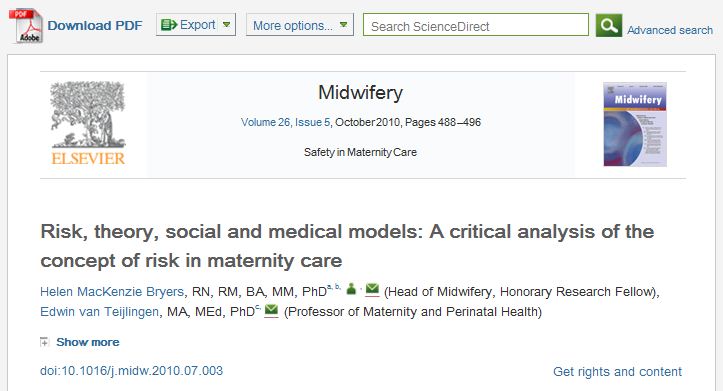












 REF Code of Practice consultation is open!
REF Code of Practice consultation is open! BU Leads AI-Driven Work Package in EU Horizon SUSHEAS Project
BU Leads AI-Driven Work Package in EU Horizon SUSHEAS Project Evidence Synthesis Centre open at Kathmandu University
Evidence Synthesis Centre open at Kathmandu University Expand Your Impact: Collaboration and Networking Workshops for Researchers
Expand Your Impact: Collaboration and Networking Workshops for Researchers ECR Funding Open Call: Research Culture & Community Grant – Apply now
ECR Funding Open Call: Research Culture & Community Grant – Apply now ECR Funding Open Call: Research Culture & Community Grant – Application Deadline Friday 12 December
ECR Funding Open Call: Research Culture & Community Grant – Application Deadline Friday 12 December MSCA Postdoctoral Fellowships 2025 Call
MSCA Postdoctoral Fellowships 2025 Call ERC Advanced Grant 2025 Webinar
ERC Advanced Grant 2025 Webinar Update on UKRO services
Update on UKRO services European research project exploring use of ‘virtual twins’ to better manage metabolic associated fatty liver disease
European research project exploring use of ‘virtual twins’ to better manage metabolic associated fatty liver disease